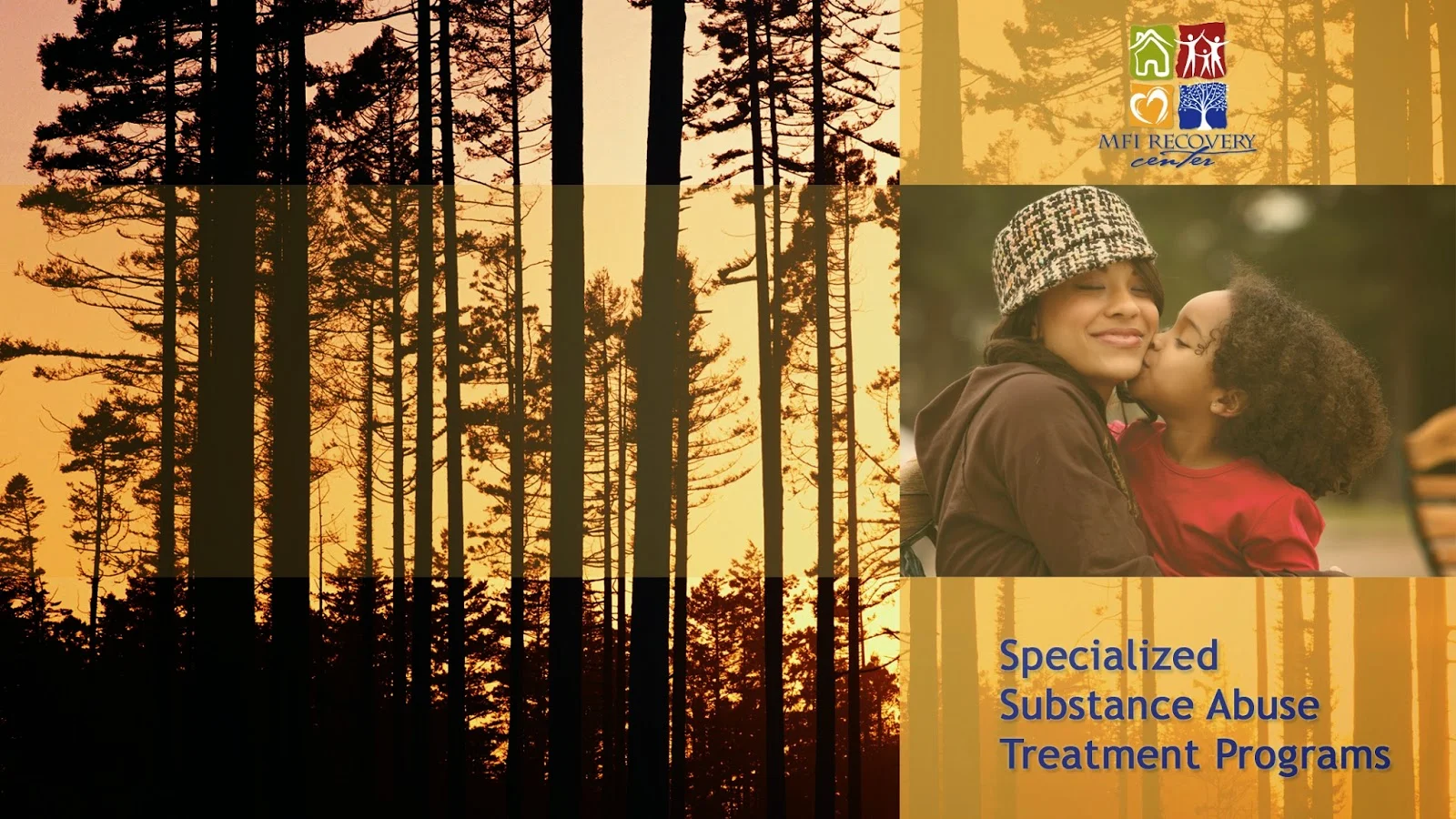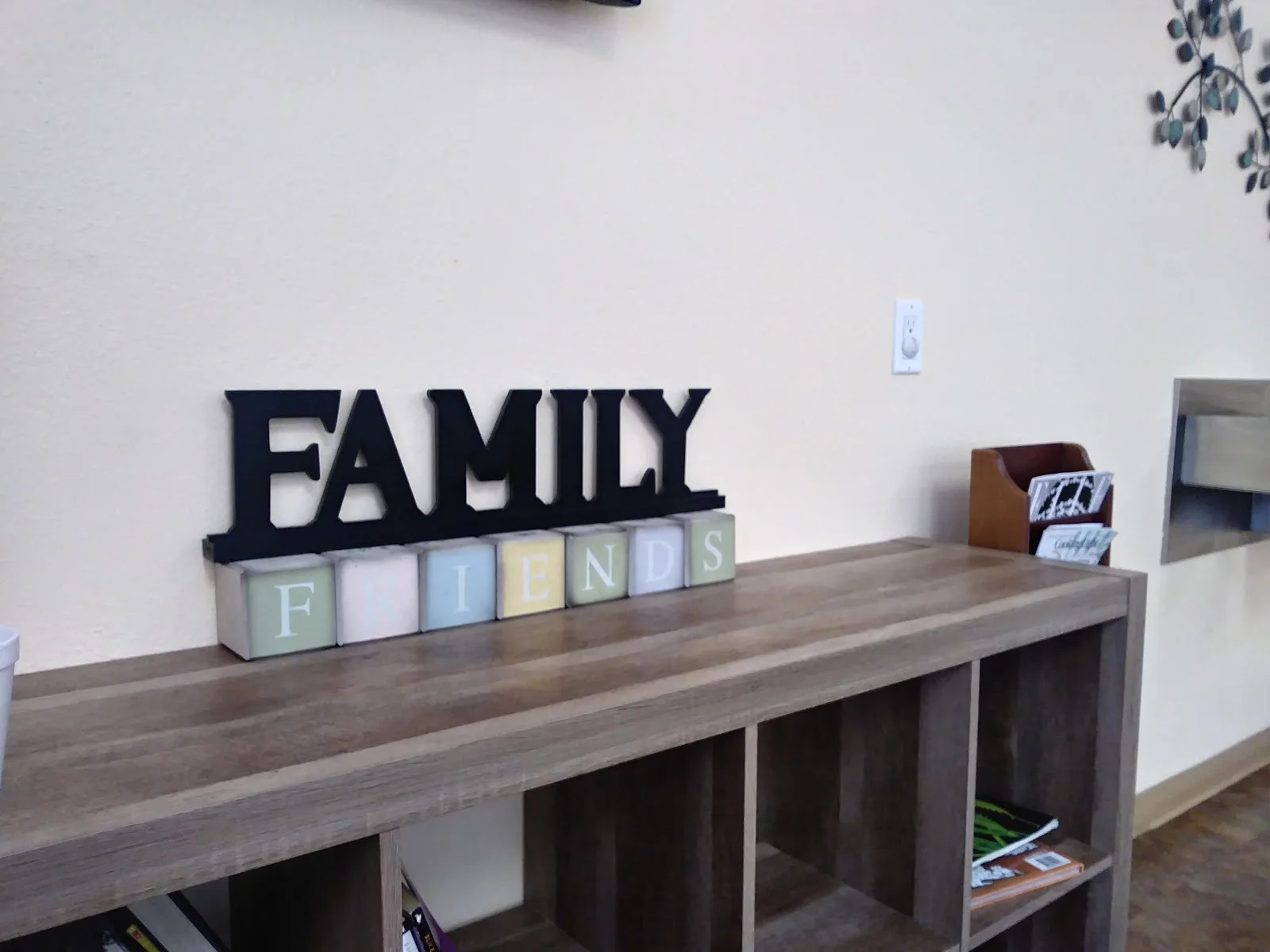La Vista Recovery & Wellness Center Services Information
Treatment
Who We Treat
- Young Adults (18–25)
- Adolescents
- Older Adults
- Male and Female
- Veterans
- LGBTQ+
Approaches
- Twelve Step
Conditions We Treat
- Perinatal Mental Health
- Trauma
- Anger
Languages
- English
Aftercare
- Employment Counseling
- Continuing Care
- Support Meetings
Level of Care
- Residential Rehab
- Co-Occurring Mental Health
Accreditations
-
Commission on Accreditation of Rehabilitation Facilities (CARF)
CARF accreditation is a prestigious recognition for organizations in rehabilitation and human services. It signifies that an organization meets rigorous quality standards and is committed to providing top-notch care. Achieving CARF accreditation involves a thorough evaluation process, including on-site surveys, to ensure excellence in programs and services. This accreditation boosts an organization's credibility, assures clients and funders of quality, and promotes ongoing improvement in the field of rehabilitation and human services.

-
SAMHSA certification for opioid treatment program (OTP)
SAMHSA's Opioid Treatment Programs (OTP) Accreditation is a rigorous recognition process, signaling an OTP's commitment to high-quality care for those with opioid use disorders. It assures patients, families, and the community that the program adheres to evidence-based practices, maintains a safe environment, and employs qualified staff. This accreditation represents a commitment to addressing the opioid epidemic and promoting recovery, symbolizing quality and accountability in opioid addiction treatment.
-
State department of health
Government agencies issue State Licenses, granting rehabilitation organizations permission to operate their businesses legally within specific geographic regions. The licenses needed for legal operation are typically determined by the type of rehabilitation program offered by a facility and its physical location.

Additional Locations
Find the best treatment options. Call our free and confidential helpline today!




